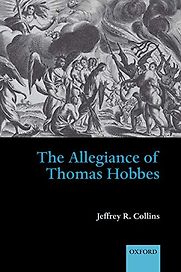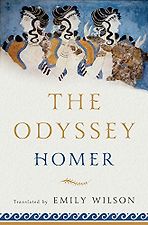Recommendations from our site
“Collins sets Leviathan within not just the intellectual context, but also within the larger social and political context as well. It’s really a tremendous magisterial example of historical scholarship that he’s engaged in. Collins’s argument is that Hobbes, in Leviathan, comes out as both an extreme Erastian but also endorses Independency, which is what was being defended by the Cromwellian revolutionaries. In a sense, what he’s arguing is that Hobbes, with the publishing of Leviathan, comes out in favour of Cromwell and the regicides. He abandons his royalist allegiance—that’s why it’s called The Allegiance of Thomas Hobbes—and he throws in his lot with the Cromwellians.” Read more...
Arash Abizadeh, Philosopher






